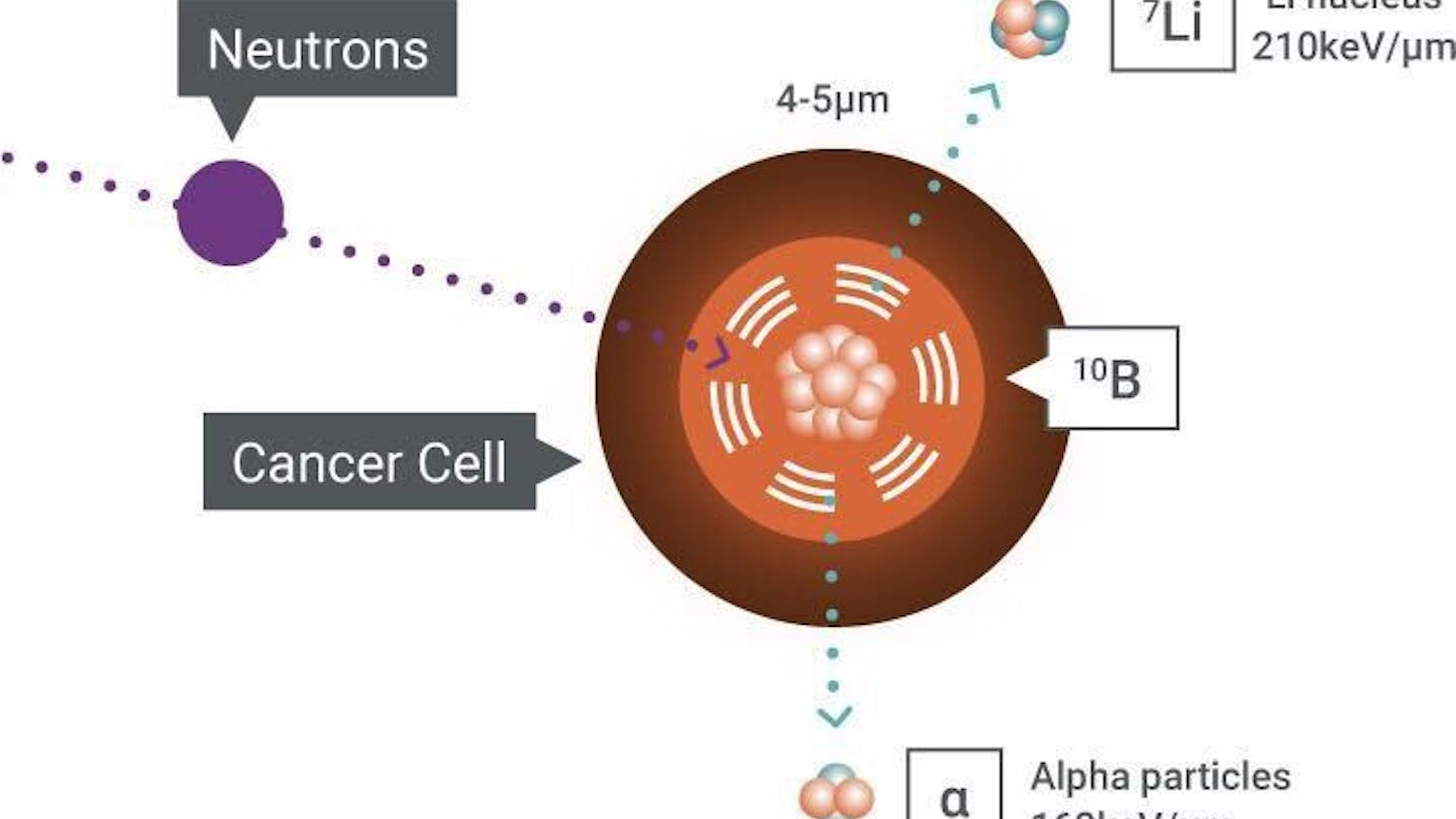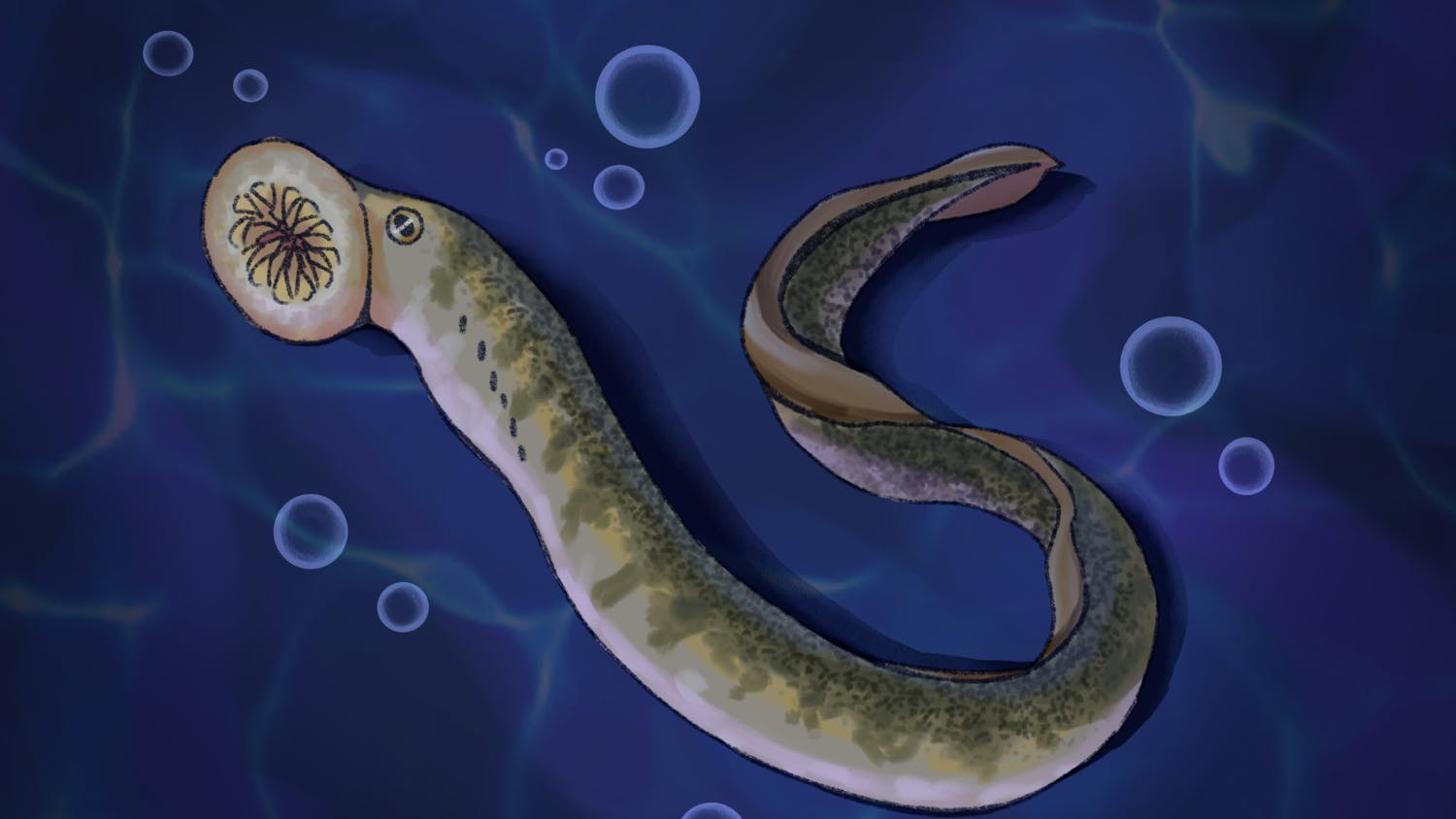For almost any conceivable skill or field of study, it’s generally accepted that the earlier one starts learning it, the better. Whether the skill be playing hockey, speaking French or composing symphonies, it always seems that the ones who have been doing it since childhood have a higher level of ability and a more natural way of doing whatever it may be. This trend is the result of higher brain plasticity in children, which allows for better assimilation of learning the earlier on it starts.
For researchers at the Center for Investigating Healthy Minds at the UW-Madison Waisman Center, this early development made for the perfect opportunity to conduct research into the development of social emotional skills. The traits and actions associated with social interaction such as kindness, mindfulness of self and others and sharing are expected behavior for adults and even adolescents. But until now there has been very little done to foster these skills early on in a rigorous, scientific way.
The study itself, conducted over a 12-week period in multiple preschools throughout the Madison area, involved the use of control groups as well as “intervention groups” that were taught a specially prepared curriculum that emphasizes social and emotional development. The groups that received the specialized curriculum took part in activities that train children in abilities such as paying attention, sorting shapes and colors and understanding the feelings of themselves and others. These activities were designed to take advantage of the higher cognitive flexibility present in 4-and 5-year-old children, while incorporating elements of established mindfulness training activities for adults.
The results of this study were conclusive in that academic scores, as well as mental flexibility and sharing, were all better in the “intervention group” than in the control group. The control group, which did not initially receive the specialized training, demonstrated increased levels of selfish behavior after the 12-week period of normal schooling. The group that received the training, however, did not change their tendencies to share. This difference implies that the mindfulness training served as a sort of psychological inoculation against the development of selfish behavior.
There were more than 20 undergraduate students actively involved in the study, testing and working with the children. It is the continued effort on the part of involved students that allows for important research such as this to carry on. “It wouldn’t be possible without them,” said Simon Goldberg, a graduate student involved with the data analysis portion of the study.
With further work involving more students over a wider area, more complete theories about the effectiveness of mindfulness training will be established. If results from studies like this are incorporated more fully into early education, the implications for our society might be staggering. Kindness and thoughtfulness could be demonstrated as the norm rather than something to be praised—this is the potential result of mindfulness curricula.





